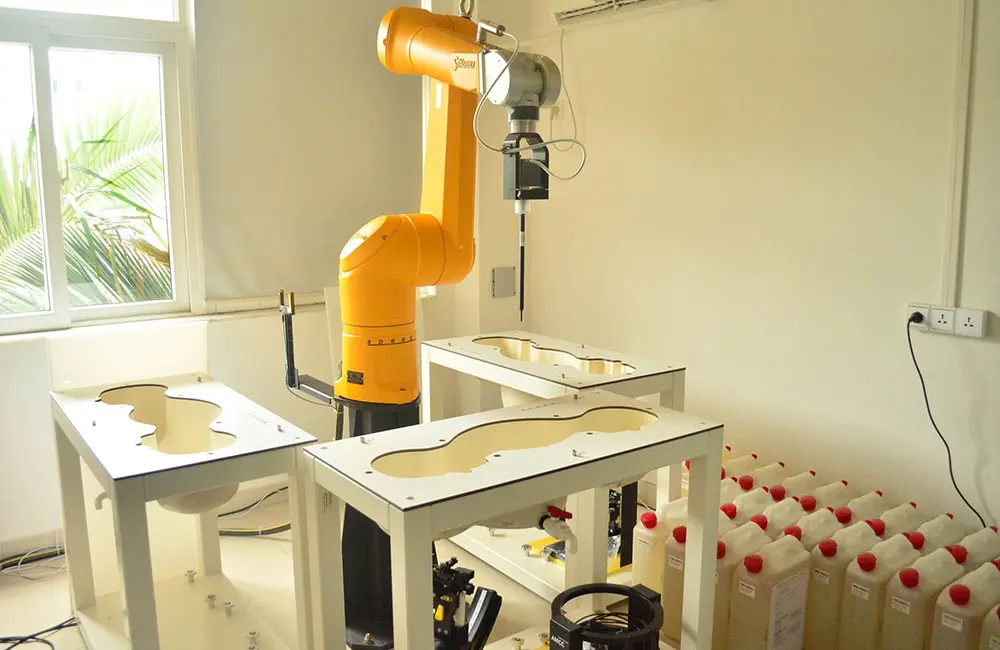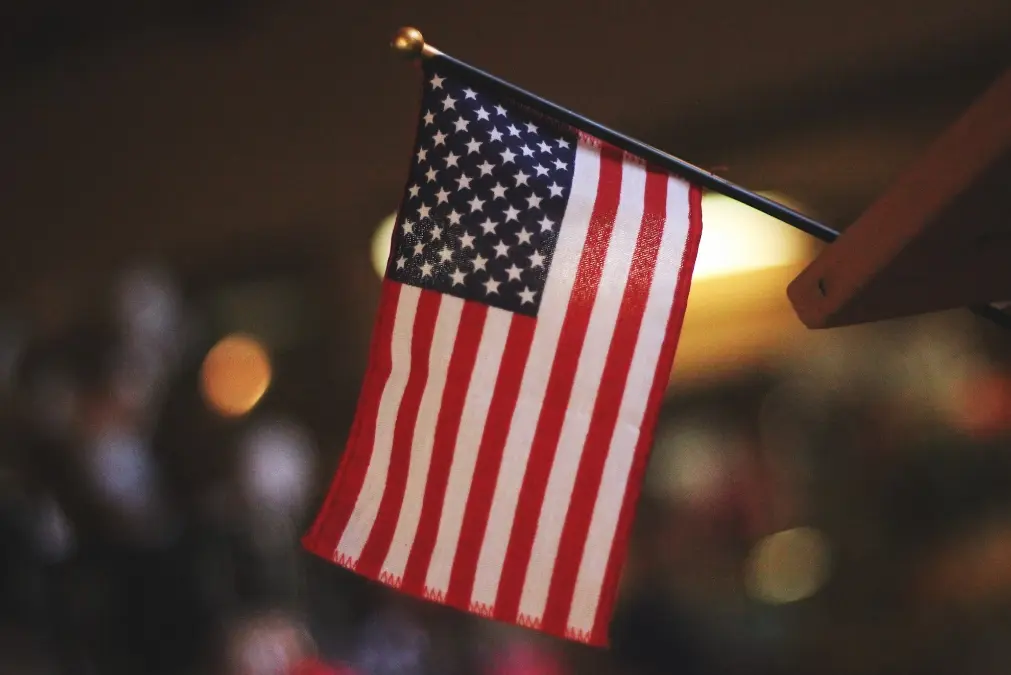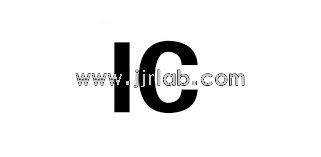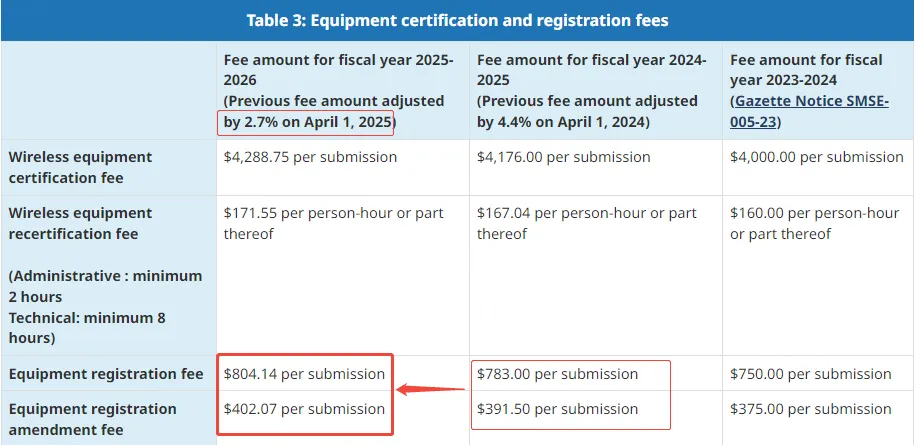
How Much Does FCC Part 15 Testing Cost?
If you’ve been shopping in American stores, you’ve probably seen the FCC certification mark on various electronic products. Many wireless applications, communication products, and digital devices require fcc approval to enter the U.S. market. This certification assures consumers of product safety and enhances brand visibility for businesses, earning market acceptance. So, how familiar are you with the FCC? This article provides an introduction to FCC certification timelines and costs.

fcc part 15 Testing Cost
However, many customers are primarily concerned with one thing: cost! The fees can vary significantly; fcc testing can start as low as $300 and go up to $3000 or more. If the device includes radio frequency capabilities, certification costs increase along with testing duration and complexity.
The overall pricing depends on the product category, whether it falls under fcc part 15b or Part 15C/E. For instance, for a straightforward electronic product without RF functions, applying for FCC Part 15B certification costs around $800 per model, with testing typically taking 1 to 2 weeks.
The most rigorous type of testing is FCC Part 15 certification, which verifies that your product's electromagnetic interference (EMI) emissions do not exceed FCC limits. FCC Part 15 certification also ensures compliance with all necessary technical specifications and management requirements for electronic devices.
Both intentional radiators (devices that intentionally emit RF energy for operation) and unintentional radiators (devices that may emit RF waves unintentionally during use) fall under Part 15 devices. Examples of products classified under Part 15 devices include mechanical light switches, cash registers, coffee makers, computers, printers, telephones, Wi-Fi transmitters, and Bluetooth devices.
Another common category is fcc part 18 certification, which covers products that emit RF energy for purposes other than telecommunications applications. Examples include microwave ovens, fluorescent lamps, ballasts for halogen lamps, arc welding machines, and medical diathermy equipment.
The specific certification type depends on your product's parameters and RF characteristics, combined with the testing procedures outlined in the product report.
FCC Certification Process:
1. Application:
- Fill out the application form.
- Provide company information.
- Submit product details.
2. Quotation:
- Based on the provided information, determine testing standards, timeframes, and associated costs.
3. Payment and Sample Submission:
- Upon acceptance of the quotation, sign the application form and service agreement, pay the full project fee, and prepare test samples.
- Sample requirements:
- Provide at least one qualified sample per certified model (two or more recommended).
- Ensure samples match the internal electrical structure and appearance of mass-produced units.
- Clearly label model numbers on the samples.
4. Testing:
- Laboratories conduct comprehensive testing according to relevant U.S. testing standards and assess model variations.
5. Report Completion and Submission:
- Upon successful testing, submit the report to a Telecommunication Certification Body (TCB) for review.
- After review completion, the TCB issues the fcc certificate.
- The factory retains the FCC product type test report.
Scope of FCC Certification:
1. Generally, FCC regulates products into two categories, A and B, based on usage:
Class A: Products for commercial or industrial use.
Class B: Products for residential use, subject to stricter FCC regulations with lower limits compared to Class A.
FCC certification applies to a wide range of products:
Personal computers and peripherals (monitors, printers, keyboards, power adapters, mice, scanners, interface cards, electronic game consoles, power supplies, UPS, fax machines, modems, answering machines, switches/adapters, etc.).
Household appliances, power tools (refrigerators, irons, food processors, electric kettles, electronic sterilizers, microwave ovens, air conditioners, vacuum cleaners, electric toys, automatic rice cookers, electric shavers, electric clippers, hair dryers, bread toasters, massage appliances, battery chargers, household stoves, cooktops, washing machines, induction cookers, electric food processors, low-power motors, etc.).
Audio/video products (radios, CRT/LED/LCD TVs, set-top boxes, DVD/VCD players, MP3 players, home audio systems, etc.).
Lighting equipment (LED lamps, LED screens, LED power/drivers, ballasts, energy-saving lamps, dimmers, converters, electronic dimming devices for entertainment venues, AC electronic ballasts for tubular fluorescent lamps, ballasts for discharge lamps, fixed luminaires, portable luminaires, embedded luminaires, etc.).
For more information on FCC certification timelines and costs, consult JJR Laboratory in China. We are an IEC 17025 accredited laboratory offering lower costs and potential savings of up to 30% on fcc certification testing fees.
Email:hello@jjrlab.com
Write your message here and send it to us
 How Does a Product Get an Energy Star Label
How Does a Product Get an Energy Star Label
 Is ROHS part of UL the same
Is ROHS part of UL the same
 What is Protection Class EN 60529?
What is Protection Class EN 60529?
 IP69 Certified Protection
IP69 Certified Protection
 California Energy Commission Testing Lab
California Energy Commission Testing Lab
 What Does the Canadian IC Mark Mean?
What Does the Canadian IC Mark Mean?
 How Much is the Canada IC ID Certification cost?
How Much is the Canada IC ID Certification cost?
 How Much is the Canada IC ID Certification Fee?
How Much is the Canada IC ID Certification Fee?
Leave us a message
24-hour online customer service at any time to respond, so that you worry!




